A Farmer's Importance in Conservation of our Planet Earth
Life depends on our passion and love for the planet and all its unique living things. Every organism is important for our ecosystem and our survival. I created this page to show my appreciation for the beauty of the world. We are all connected through the food we eat, the gardens we grow, and the air we breathe.
A farmer grows crops that provide food and help with conservation. Healthy soil is essential for our nourishment. You can grow plants at home to support nature and make life easier. Even small areas can have a vegetable garden. Involve kids in gardening to teach them about conservation. Environmental destruction is a serious problem.
As a child, we picked wild strawberries for our mom. It took all day to gather two cups, but it was fun exploring the fields and enjoying nature. Nowadays, it seems kids prefer social media, missing out on the simple pleasures of the outdoors.
Most of our ancestors were farmers who relied on the land. Their methods and tools were simple. They primarily grew food for their families and sold any extra at the market. The farmer and his wife cultivated vegetables and tobacco in their garden, and sometimes had a few fruit trees. In the fields, wheat covered two-thirds of the land, while peas, barley, and oats filled the rest. There was also room for animals and a wooded area.
We should think about a time when food isn't easily available. Imagine a world without grocery stores, online deliveries, or restaurants. In this case, we must find different ways to get food and adjust to the new situation. What other choices would we have in this tough situation?
My family comes from Poland, Scotland, Ireland, Austria, and Hungary. Long ago, they lived and worked on farms in these areas, passing down traditions and stories.
Let's look at Canada in 1831 and Poland in 1881. Both places focused on family, providing basic needs like food, clothes, and shelter. They faced challenges without modern conveniences and had to work hard from dawn to dusk. There were no TVs, computers, or cellphones, and formal education was limited. People learned mainly through hands-on experience from farming, which represented a lifelong learning process.
It all started in 1831 when Dugald and Katharine arrived to Canada. People of vision and hope. Scots great pioneers. They were frugal by nature, they adapted admirably to the harsh life of frontier. They were hard working farmers.
“Farewell to the Highlands, farewell to the North,
The birth-place of Valour, the country of Worth;
Wherever I wander, wherever I rove,
The hills of the Highlands forever I'll love.”
from “My Heart’s in the Highland” by Robert Burns
My husband’s grandparents: Flossie and Harry pictured on their wedding day in 1927.
Their both enjoyed a farm life. Their children Colleen and George described them as wonderful parents - note from memoirs … “Our father was a quiet man who worked very hard for much of his life. Our mother worked alongside of him much of the time, doing some of barn work, looking after the house and us children. The farm was a place where the work never ended. As well as the major seasonal work, there was twice daily milking of the dozen or so cows, and the regular care and feeding of these cows as well as horses and pigs. The milking of the cows were done by hand until 1945 where we finally had electricity installed at the farm…”
My husband’s parents: Colleen & Donald pictured on their wedding day in 1949.
They lived wonderful life together for 62 years. They had 6 children. Colleen was a teacher most of her married life and Don had a turkey farm and overseen a chicken hatchery. Both active members of Agriculture Society in their town. Their front yard garden looked always spectacular.
Family famous rooster sign has been passed on to the next generation.
These are farming tools from our family farm
This scythe has been in our family for few generations now.
Scythes have been used for centuries to mow grass for making hay, clearing land of bushes and small trees, keeping fields or lawns neat and tidy. There are two styles of scythes, the North American style and the European style, which is light, easy to use, mows grass and cuts bushes easily. Instead of leaving you bone tired at the end of mowing you feel invigorated.
Wood Buck Cross Cut Bow Hand Saw
My husband still likes to use his great grandfather saw.
My 7 year old daughter Madzia drew a picture of her grandparent’s chicken.
Let me introduce you to Tom. My kids found this precious kitten near grandparents farm and he became permanent resident of the estate. Drawing from 2001 by Madzia.
GARDEN AT GLANCE in Colleen and Donald farm.
My grandparents: Zofia and Piotr
A nation that does not respect its past does not deserve the respect of the present and has no right to the future" - words by Józef PIŁSUDSKI, the Chief of State ( father of the Second Polish Republic re-established in 1918, 123 years after the final Partition of Poland in 1795.) From 1795 to 1918, Poland was split between Prussia, the Habsburg monarchy, and Russia and had no independent existence. Nevertheless, Poles kept hopes for restoration of Polish independence alive throughout the 19th century.which was born out of the dreams of people of their generation.
Family picture taken on June 29, 1933
Zofia and Piotr happened to live at the turn of the century, when "there was no Poland on the world map". They had 5 daughters and 5 sons.They run a large farm.
Many people lived In poverty - among the lack of basic necessities, in frayed clothes and with holes in shoes - a generation of people, ready to make many sacrifices for the benefit of their neighbors and society
My parents: Janina and Wladyslaw pictured on their wedding day in 1944.
Picture taken during II WW. Marriage saved my mom from being deported to Germany for forced labor. She made her own white suit, unfortunately there was no clear stockings. Black color was the only one she was able to find for herself.
Poland 1946-1950
1945 was a year of contradictions and chaos. It had everything: Great postwar hope and the bitterness of the peace. Joy that we have survived. Music was a great escape for everyone. My dad taught him self how to play a saxophone and accordion. Everyone was highly motivated that finally there will be peace and they can dream big dreams. All you needed was just two strong hands and willingness to build the new future.
My father had only 5 years of elementary school education but defied expectations by mastering any task presented to him. His ability to learn and adapt was truly remarkable, showcasing the limitless potential of determination and hard work.
Dad playing accordion.
My mom was on the brink of beginning high school when the war erupted in Poland. Prior to the interruption, she managed to complete sewing courses, showcasing her prowess as the finest seamstress. Consequently, we were fortunate to have an array of exquisitely crafted clothing tailored for us while growing up.
My Mom skillfully managed the small livestock, meticulously tended to the house, and wholeheartedly assisted Dad with his flourishing shoe making business.
Our parents had to farm to provide food for the family. My older sisters Teresa and Elzbieta helped a lot while growing up.
Farming was done mainly by hand. Manual wheat harvest was a traditional method of harvesting wheat that involves the physical labor of farmers. This meticulous process started by cutting the wheat stalks with sickles or scythes, ensuring that only the ripe golden heads are collected. Once cut, the farmers gather the stalks into bundles, known as sheaves, which were then set upright in the field to dry and be exposed to the warm sun. After a period of drying, the sheaves were stacked together to form 'stooks' or haycocks, allowing for further drying and protection from rain or other unfavorable weather conditions. Finally, the wheat was threshed, a process where the grain is separated from the chaff, often by beating the sheaves against a hard surface or using a flail.
While manual wheat harvest requires hard work and physical endurance, it serves as a labor of love and preserves the ancient techniques that have been passed down through generations of farmers.
Shoemaker Cafe was opened in 1951 in our house by my parents.
My parents were overjoyed by Poland's newfound freedom and were eager to savor every moment in their beloved home. Proficient in the culinary arts, they ran a quaint cafe offering a modest selection of homemade delights: delectable ice cream and a unique non-alcoholic beverage known as "Podpiwek." Crafted from a blend of grain coffee, hops, yeast, water, and sugar, this refreshing drink fermented to perfection was a summer favorite among locals. Each dish showed our parents' hard work, but sadly, pressure from the communist government made them close their restaurant.
Dad serving customers at the Shoemaker cafe.
Simple life with self-reliance on everything you care for on your own. Picture of our little barn between 1960-1970.
We were fortunate to always have access to fresh essentials - milk, eggs, and a variety of vegetables throughout the year. During the winter months, our meals were centered around hearty root vegetables like carrots, beets, and potatoes. As the days grew longer and summer arrived, the air was filled with the delightful scents of ripe raspberries, tart currants, and an abundance of vibrant seasonal vegetables.
19th century Bread stone oven.
My family was empowered to bake their own healthy breads in this reliable oven, which is still fully operational in our cozy house in Poland.
Old Fashioned Tiled Stove
A tiled stove still continue to be used as a wonderful way to prepare meals in my parents house especially at winter.
Beekeeping was part of my dad’s daily routine.
Dad was fascinated by the bees. Even at winter, he made sure bees were safe and cuddled. Winters in Poland those days hit often -30° C.
This is my Dad’s Beehive’s Smoker. I’m guessing it is over 80 yrs old.
Beekeepers use smoke to keep bees calm during hive inspections. When bees sense danger, they release an alarm pheromone called isopentyl acetate from a gland near their stingers. This chemical wafts through the air and alerts other bees to be ready to attack. Smoking a beehive masks this pheromone, allowing the beekeeper to safely perform a hive inspection.
This is a lovely picture of buckwheat thriving in my sister's garden, gracing us with its presence year after year. It's truly fascinating how this very buckwheat was originally planted by Dad nearly 85 years ago to attract and nourish the bees.
Growing buckwheat not only supports bees during fall forage, but it also provides the opportunity for you to enjoy its various benefits. Buckwheat honey, in particular, stands out with its unique dark color and richness in antioxidants. This type of honey is highly valued for its effectiveness in soothing coughs and colds, making it a popular choice for homemade syrups.
Shoe making was the primary source of income for my family
My dad was a certified shoemaker artisan who meticulously designed and expertly handcrafted shoes. He not only created these footwear masterpieces himself but also trained and supervised skilled journeymen who had completed official apprenticeships under his guidance. Despite not possessing any images of him working his craft, I do have in my possession a pair of his cobbler's tools, serving as a poignant memento. Growing up, my siblings and I were delighted to wear the custom-made shoes that bore testament to his exceptional skill and dedication.
September 19-23, 2023
The 2023 International Plowing Match and Rural Expo
The 2023 International Plowing Match and Rural Expo held in Bowling Green, Ontario, Canada was truly a magnificent event that brought together the finest aspects of agriculture and rural culture. This year marked the 104th time this distinguished gathering took place, and it continued the longstanding tradition of celebrating the farming legacy. Looking back to its inception in 1846, where a plowing match was held during the Provincial Agricultural Fair of Canada West in Toronto, it is evident that this event has deep roots in showcasing the advancements of the agricultural industry. The colorful displays featured the latest farming technology and practices, impressing attendees with their innovation and efficiency. Alongside these exhibitions, the crowd was treated to thrilling performances that captured the essence of the rural way of life. One of the highlights of the event was the opportunity it provided for farmers and industry experts to come together, fostering invaluable connections and facilitating the exchange of knowledge. Without a doubt, the 2023 International Plowing Match and Rural Expo was an incredible affair that paid tribute to the remarkable world of agriculture and emphasized its importance in our society.
Let’s have a look at some old fashioned washing machines at 2023 International Plowing Match and Rural Expo in Bowling Green, Ontario
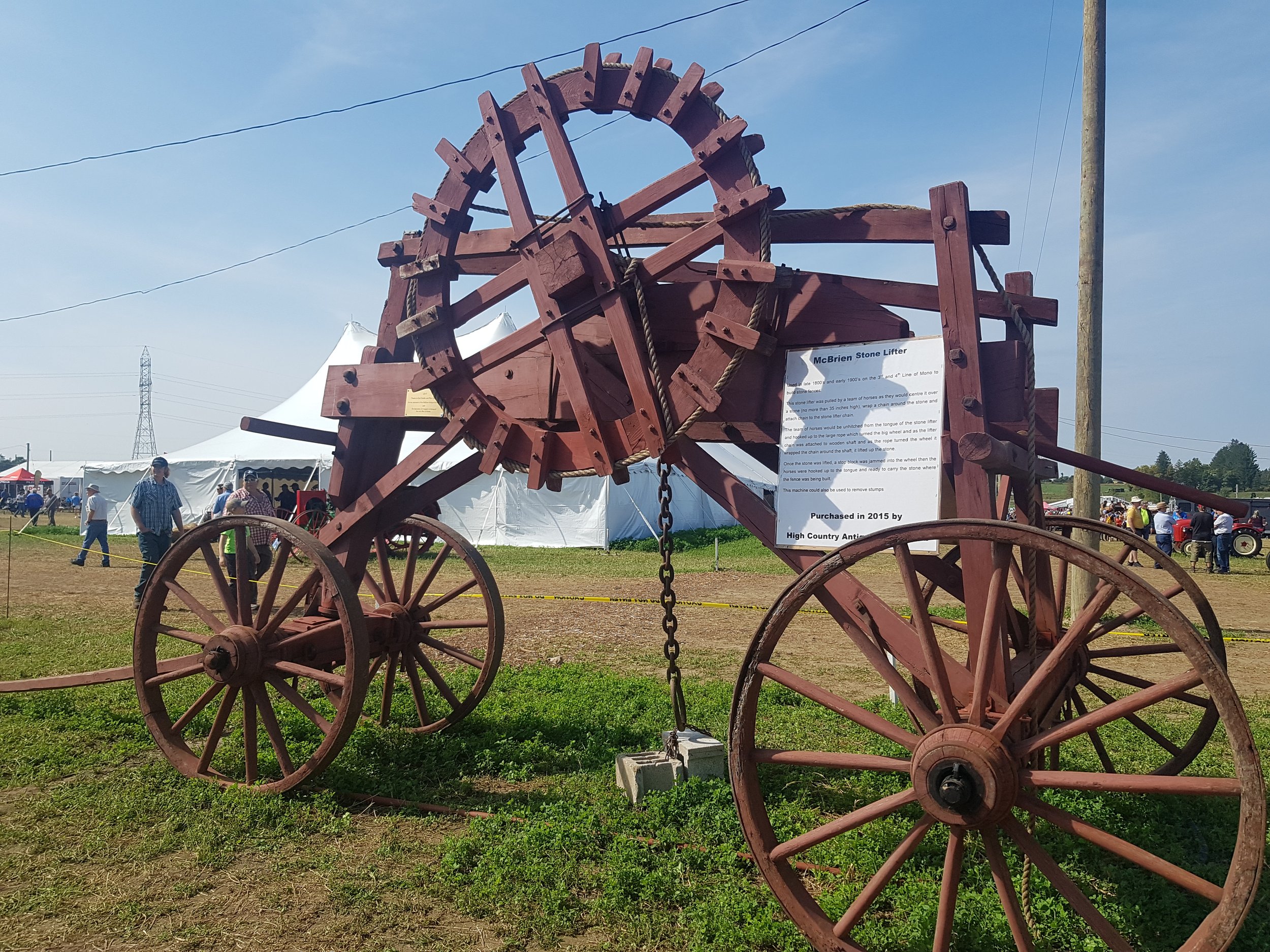
Stone Lifter at 2023 International Plowing Match and Rural Expo in Bowling Green, Ontario
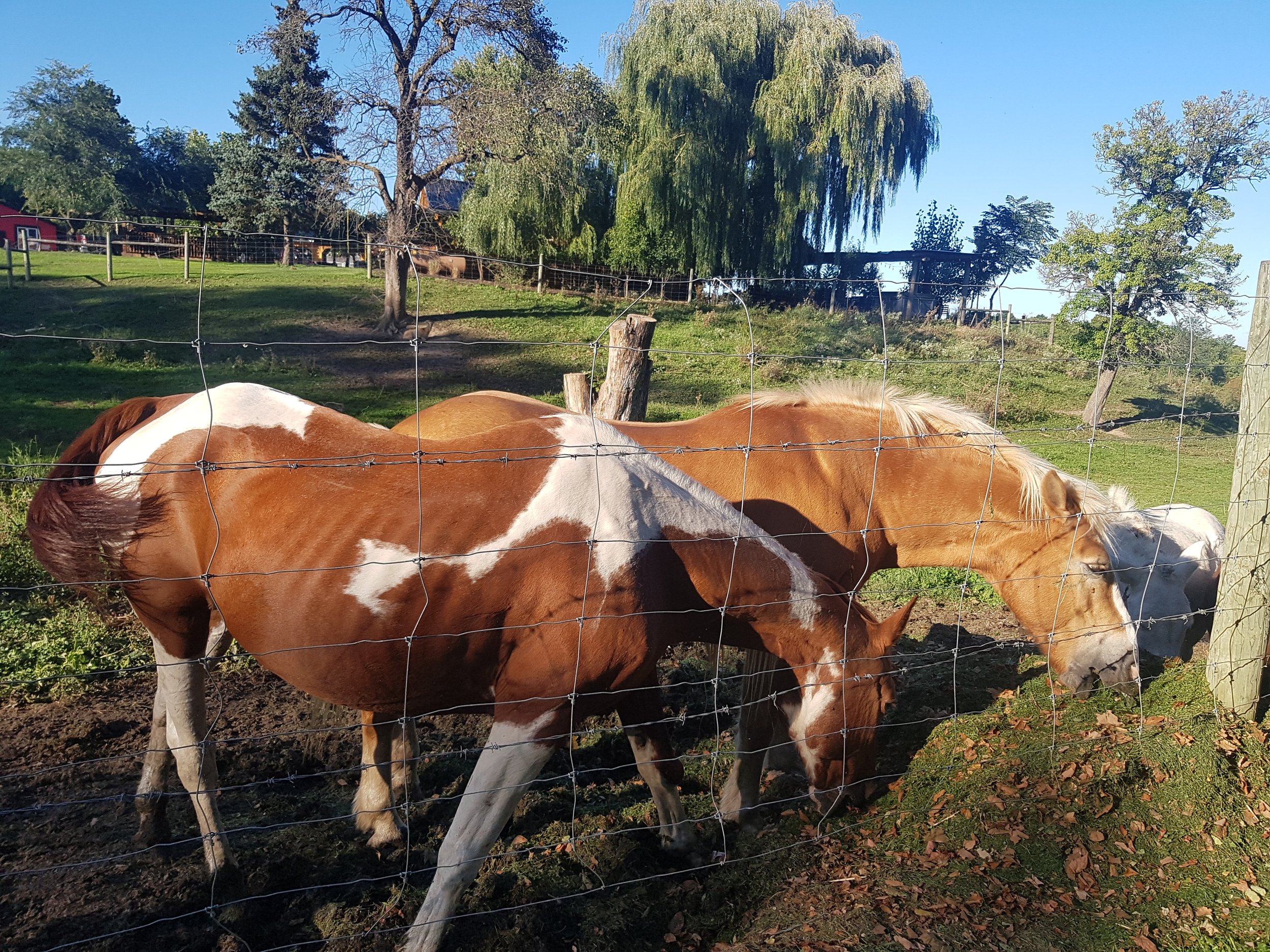
Farm at Niagara Region, Ontario
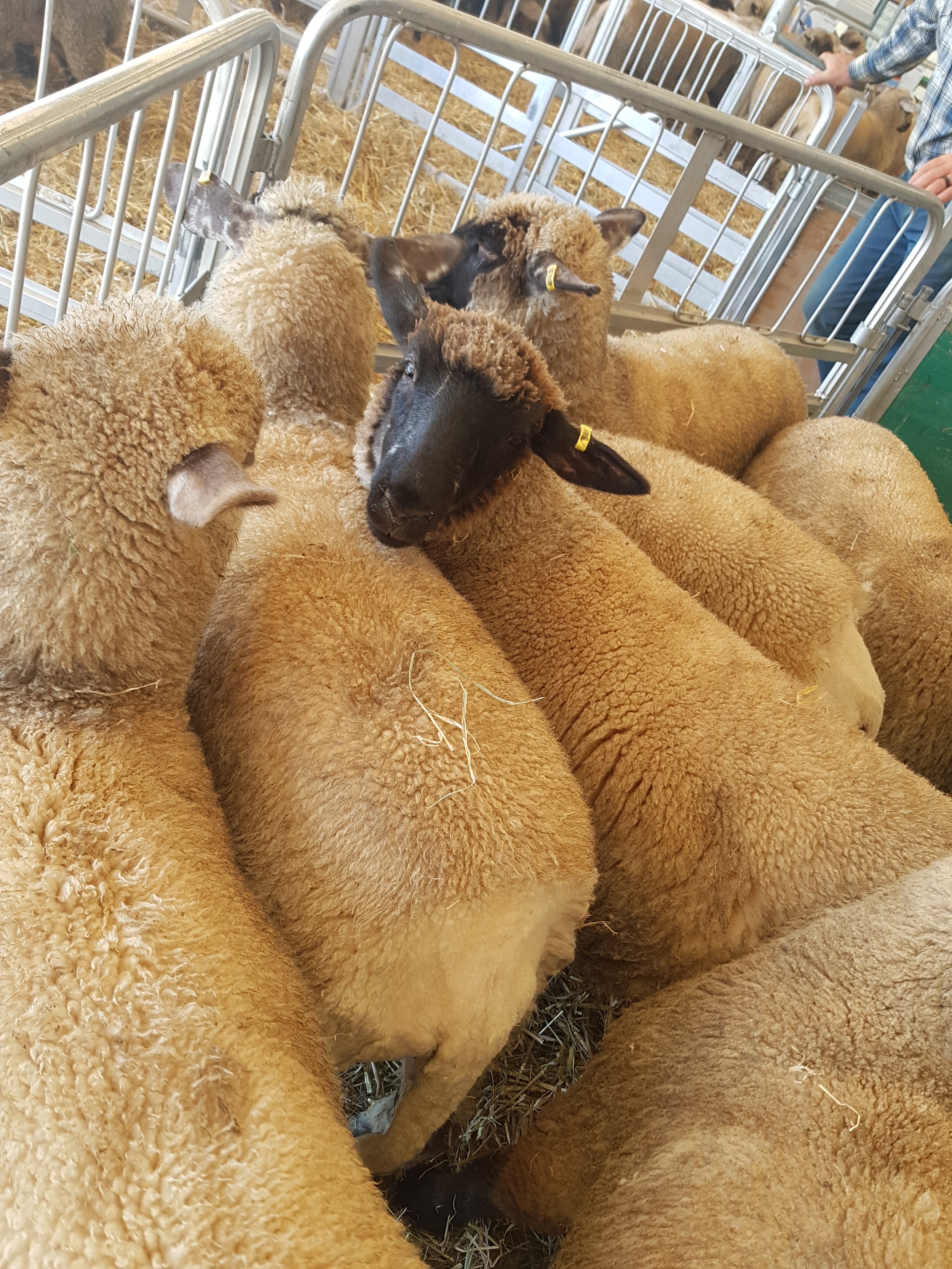
Sheep Shearing at 2023 International Plowing Match and Rural Expo in Bowling Green, Ontario
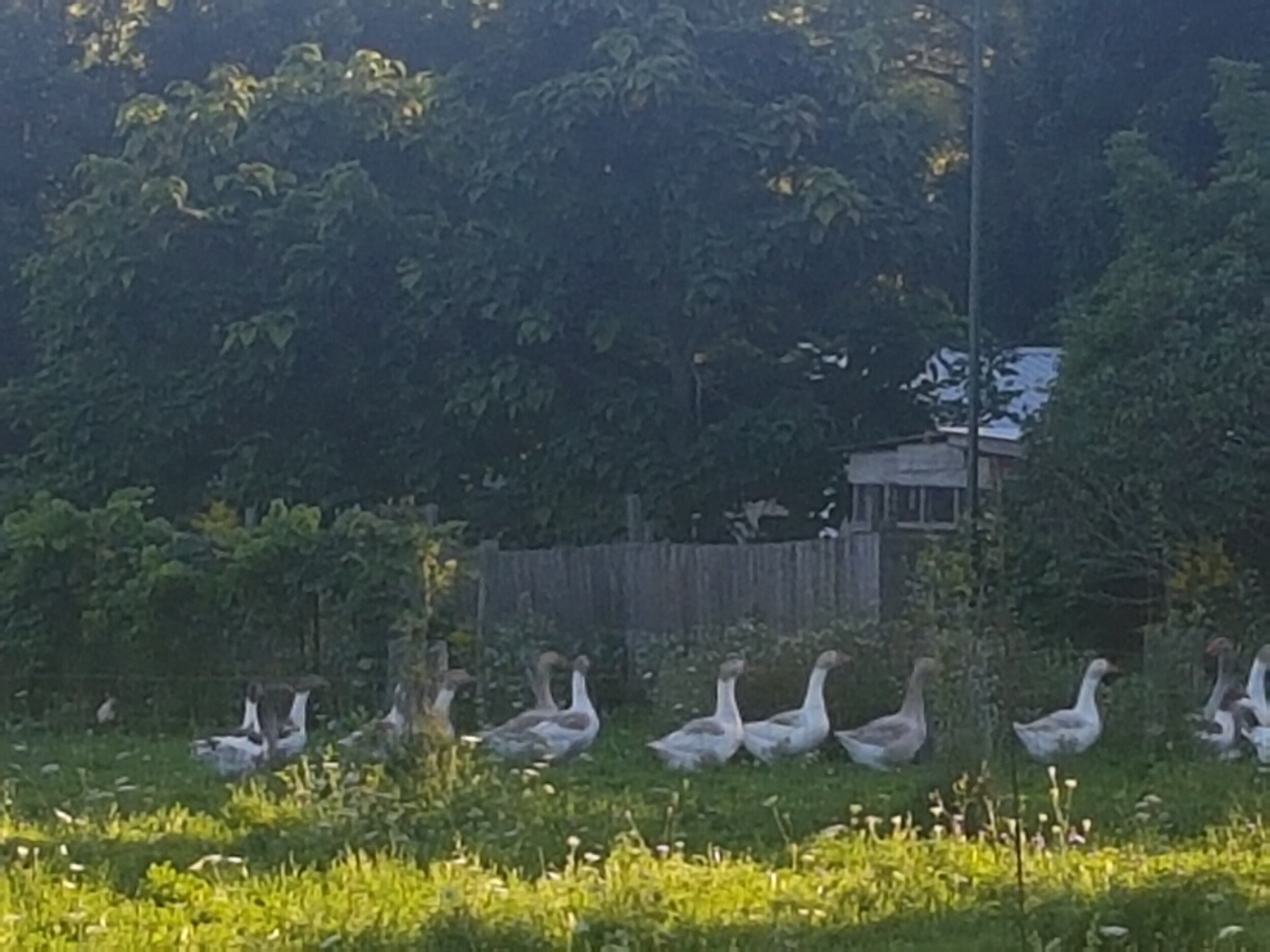
Goose Farm at Niagara Region, Ontario
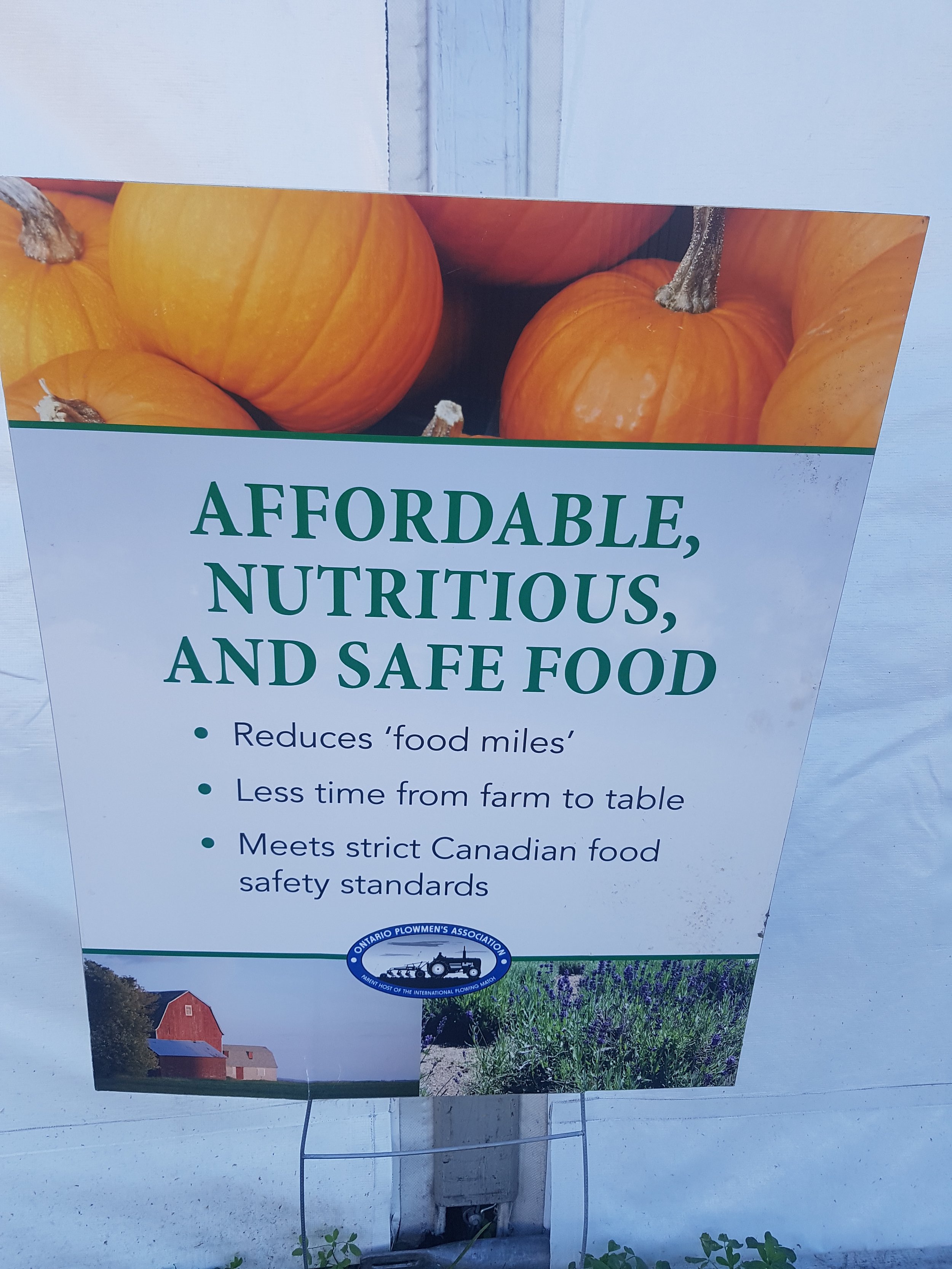
2023 International Plowing Match and Rural Expo in Bowling Green, Ontario
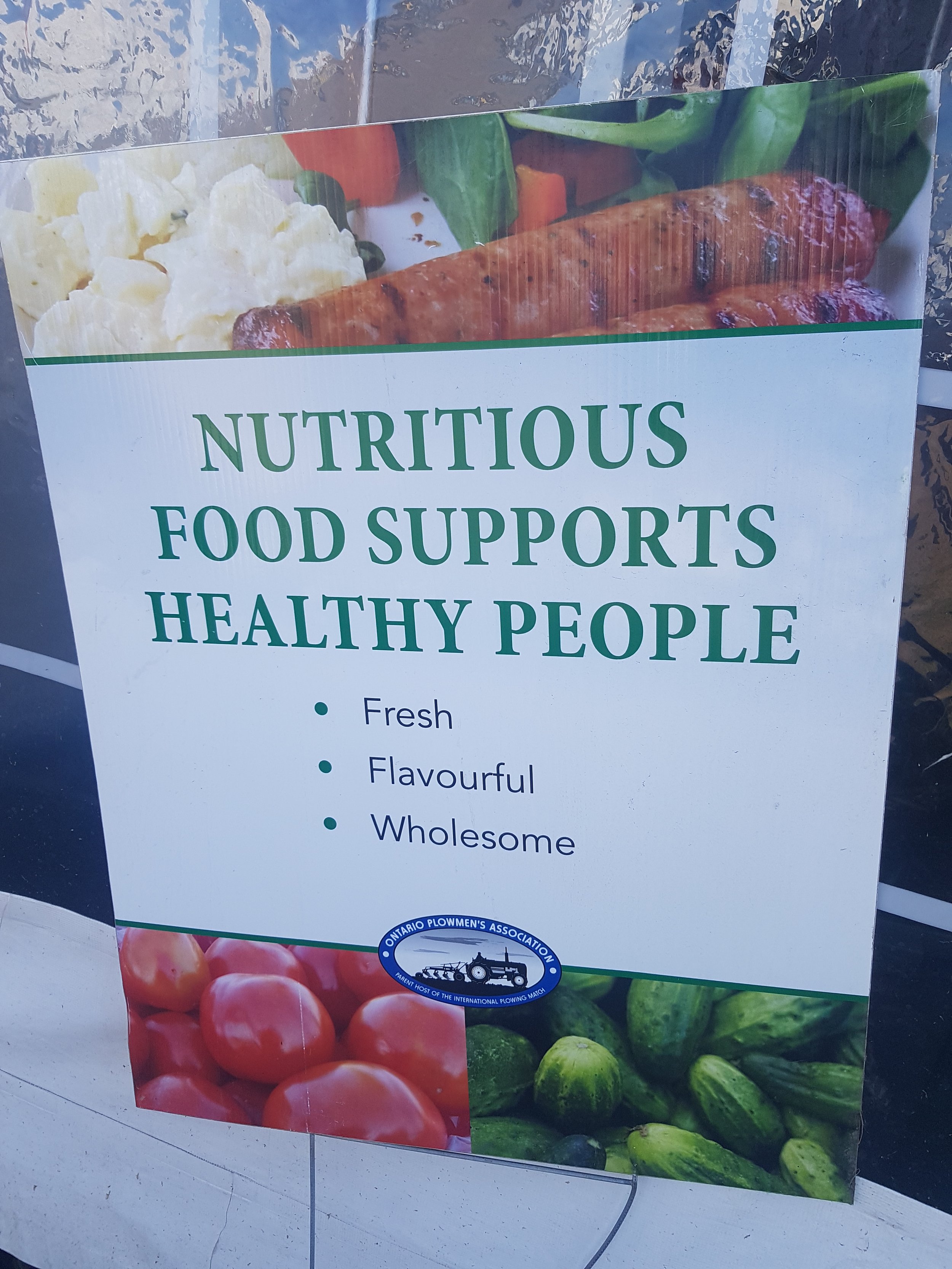
2023 International Plowing Match and Rural Expo in Bowling Green, Ontario
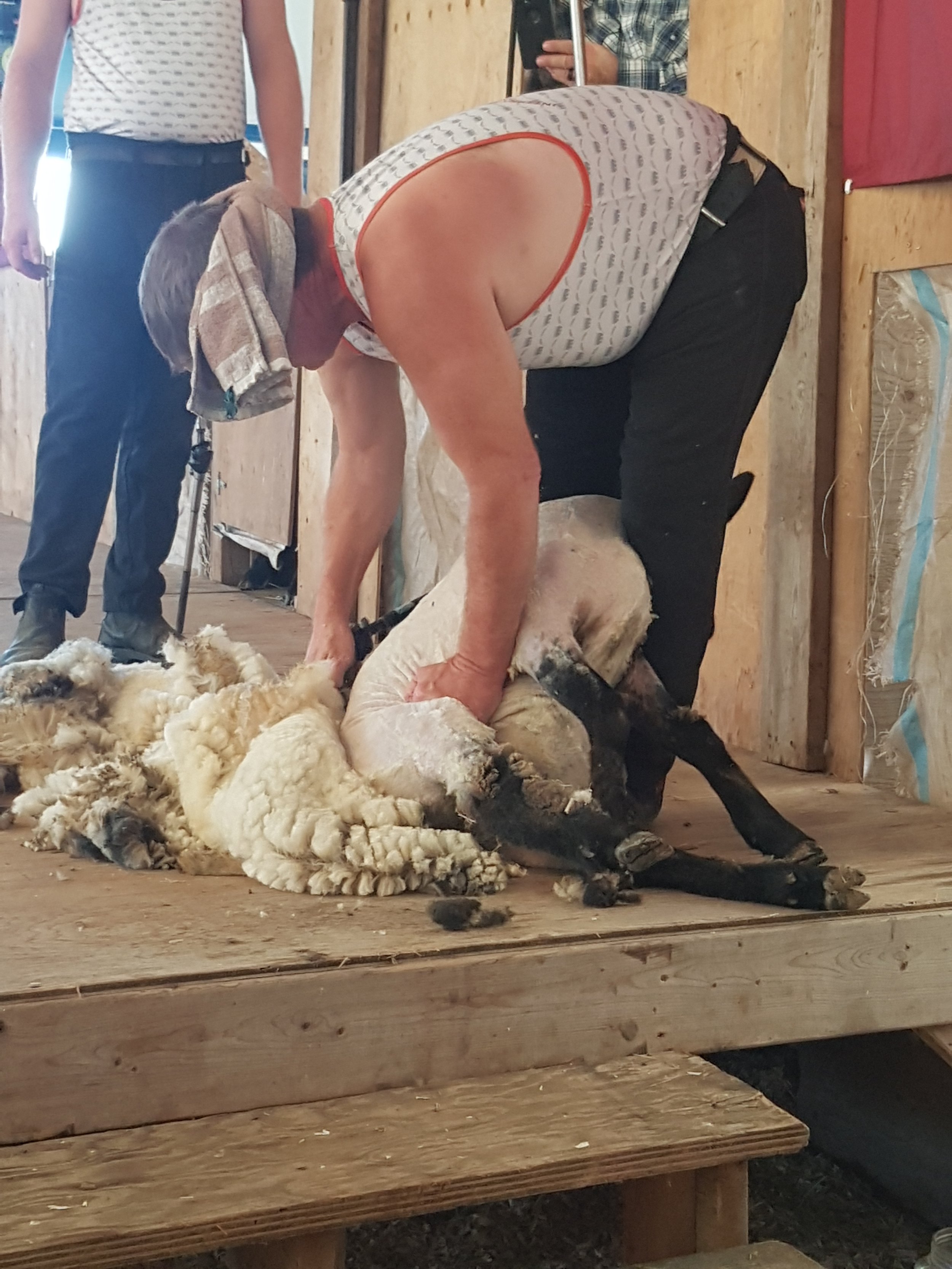
Sheep Shearing at 2023 International Plowing Match and Rural Expo in Bowling Green, Ontario
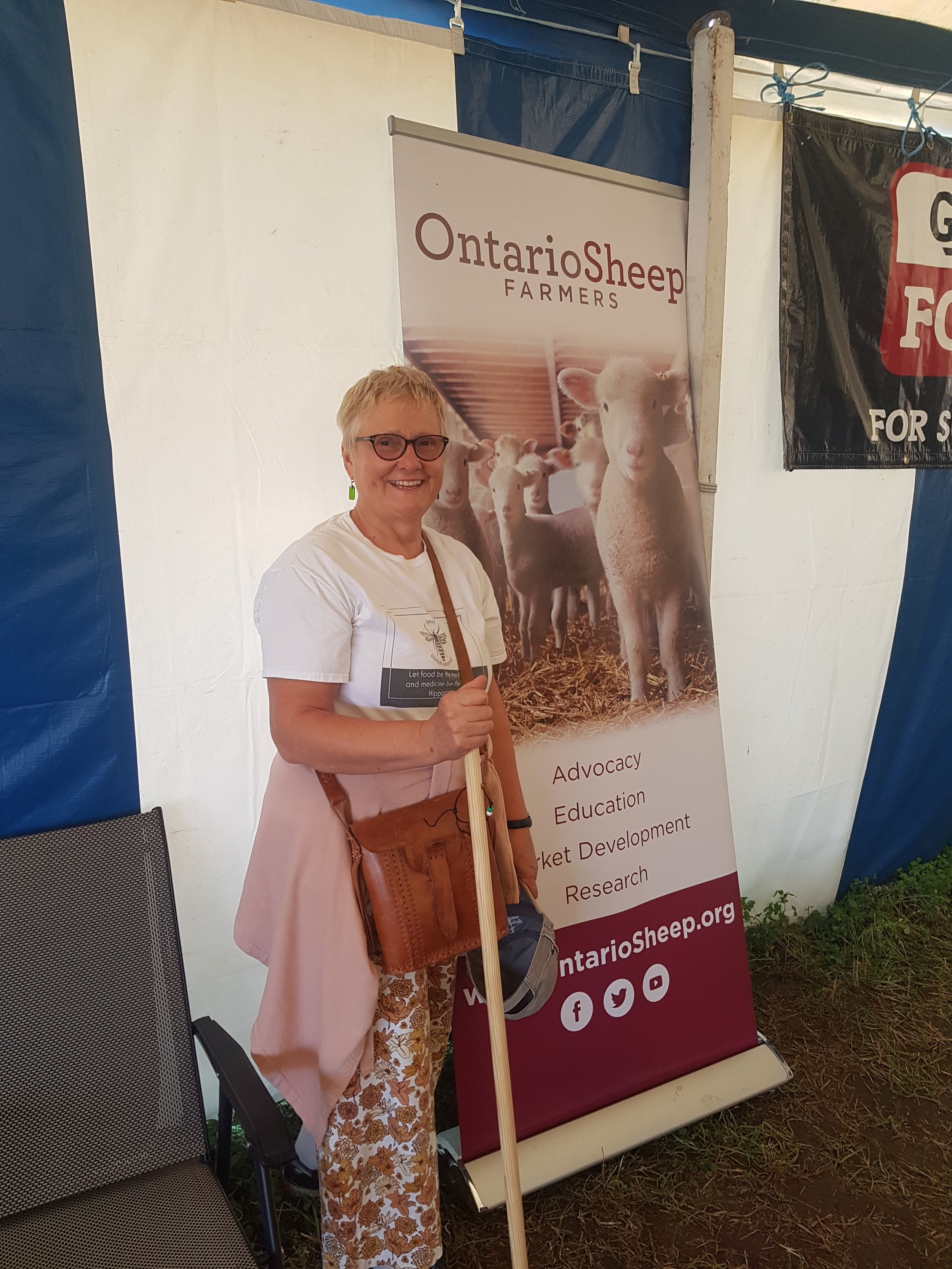
Myself photo at 2023 International Plowing Match and Rural Expo in Bowling Green, Ontario
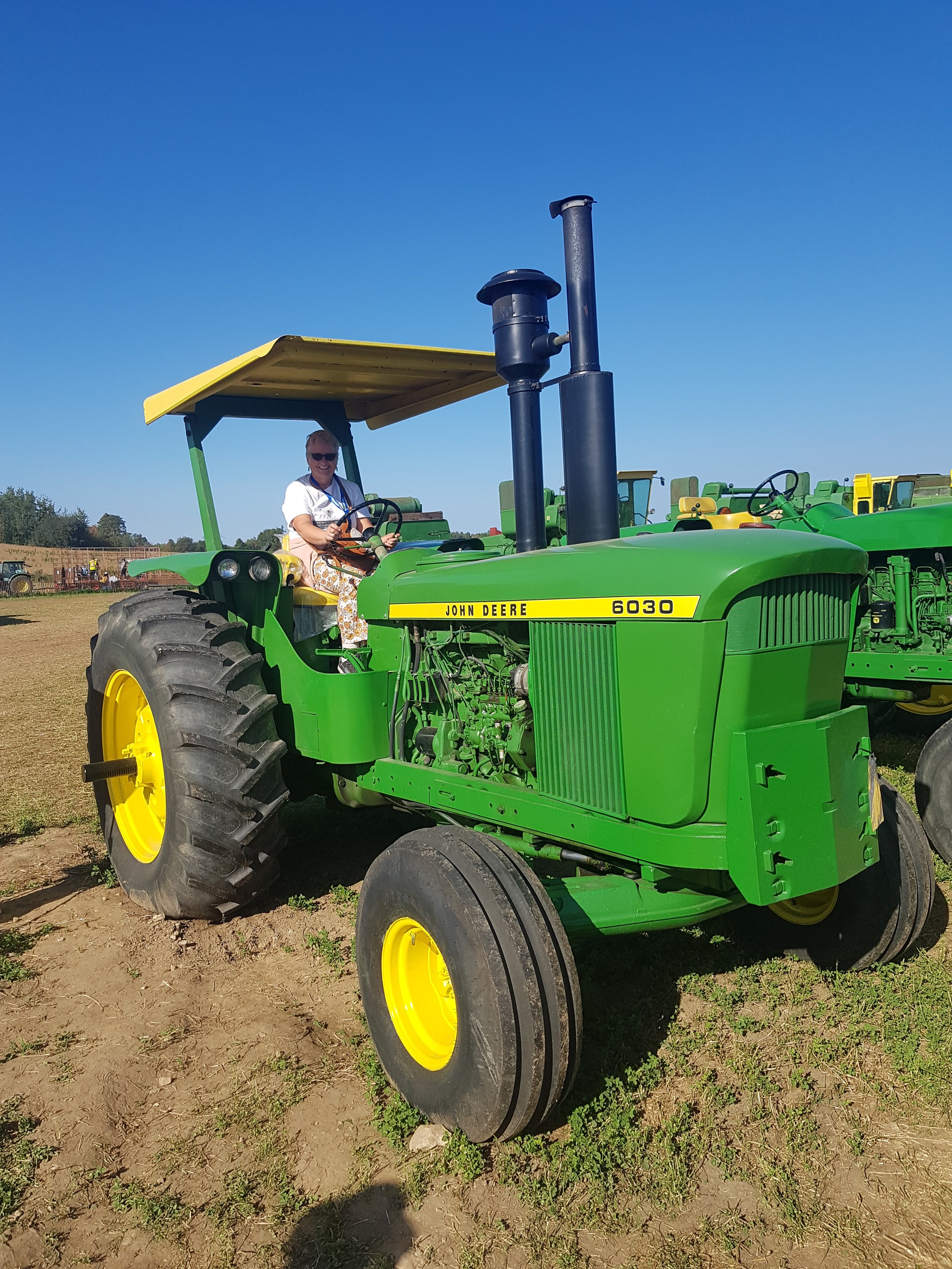
John Deer tractor ready for an action at 2023 International Plowing Match and Rural Expo in Bowling Green, Ontario



























